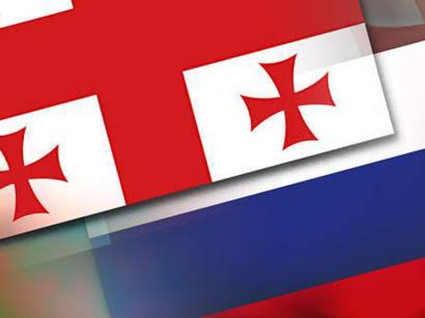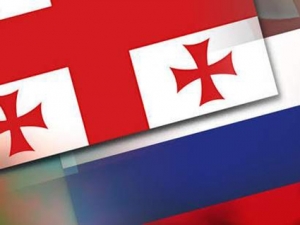Georgia’s Normalization of Relations with Russia Murky as Ever
Last week, Zurab Abashidze, the Georgian PM’s special envoy in relations with Russia, claimed Georgia will continue its pragmatic relations with Russia.
As the ambassador says, it is a well-known fact that western partners support dialogue between Georgia and Russia and James Appathurai, NATO Secretary General’s special representative, confirmed this in an interview with the Georgian Public Broadcaster (GPB).
“Our partners realize that a dialogue has no alternative, no matter how difficult it is. At the same time, they try to help us avoid new threats and difficulties. It means they care for our country, its security and regional stability,” Abashidze believes.
However, the ambassador calls it unfortunate that “some opponents of the government have completely different goals, aimed at encouraging the government to make fatal mistakes in terms of relations with Russia, such as the ones Georgia made in 2008.”
According to Abashidze, there is a real reason why some do not share the messages of [our] western partnerson sustaining tough dialogue with Russia, adding: “They know dialogue is necessary but hope the government will lose patience before the forthcoming elections and make terrible mistakes. This is their main task.”
Appathurai, when talking with the GPB, stated that despite not witnessing any progress at this stage with Russia, the dialogue may serve as a pre-condition for avoiding negative processes in the future. Abashidze commented that the Georgian government will continue its pragmatic policy towards Russia and nerves won’t be an issue.
Analysis by Georgia Today’s Zviad Adzinbaia
It has many times been declared by the current government of Georgia that normalization with Russia has no alternative. While this argument might have some reasonable ground, at the same time, the ruling forces of the Georgian Dream believe in Russia’s loyalty despite Georgia aspiring to democracy, forgetting Russia’s grand strategy, which does not even envision Georgia as a sovereign country in the region.
Moreover, recent events have made it clear that even the US and the EU talking with the Russian side concerning the war in Ukraine have achieved no palpable results. Taking into account the GD claims, one may reason that the Georgian government has found its unique recipe with Russia to ‘Muzzle the Bear’ finally and win the war against it.
However, the reality speaks differently and louder. The Russian Federation continues its creeping occupation in Georgia, keeping the conflicts of the country frozen. Moreover, it has activated its powerful hybrid warfare strategy, which involves diverse non-state actors and, importantly, Russian media sources, disseminating misinformation among Georgian citizens and discouraging western aspirations.
But where can the Georgian government turn to normalize relations with Russia?
Zviad Adzinbaia












